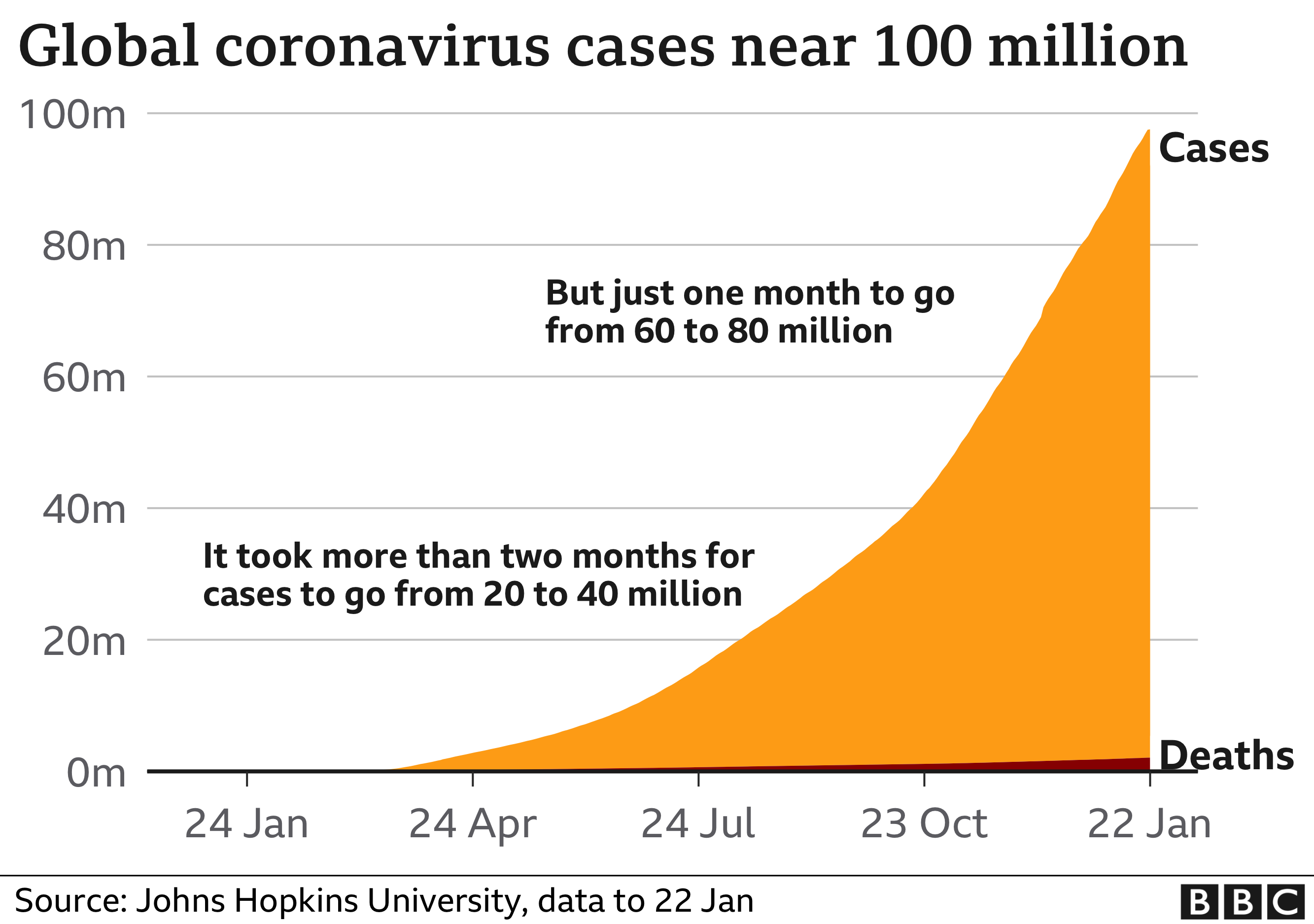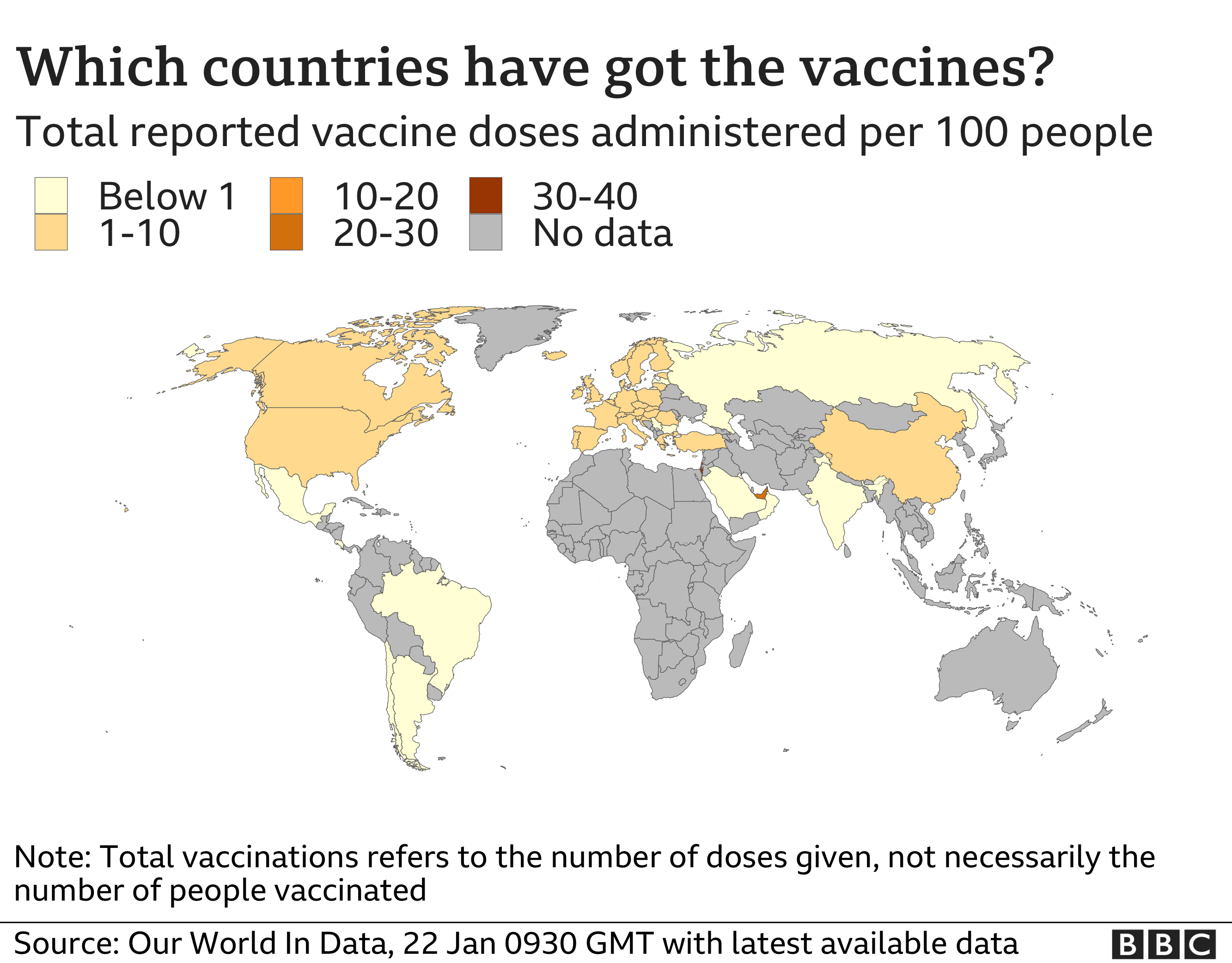Patience, People, Patience
"This review is being done through a rolling submission, where data is submitted by the manufacturer and reviewed by Health Canada as it becomes available.""Additional data to support the quality, safety and efficacy of the vaccine are needed before a decision can be made."Eric Morrisette, spokesperson, Health Canada"There is a large AstraZeneca study that's ongoing in the United States, and we still are expecting to get some information from that study that's almost 40,000 participants.""We're working very closely with our international partners, but there's still some questions to be sorted through before we make a final decision."Dr.Supriya Sherma, chief medical adviser, Health Canada"Health Canada is doing the right thing by clearly taking their time to evaluate the vaccine. They've got it right. There should be no external pressure and no political interference.""That study [by AstraZeneca] was actually conducted in a very sloppy manner, and reported in a very sloppy manner.""These vaccines will only work if people take it and if people don't have trust in the product, they're not going to take the vaccine.""Even if we don't get access to AstraZeneca, and even if we hypothetically don't get access to Johnson & Johnson, we'll have enough vaccine between Moderna and Pfizer to vaccinate all of Canada."Dr.Isaac Bogoch, infectious disease physician, member Ontario Vaccine Task Force

Have patience, all will be well. Eventually, orders that the Canadian federal government placed with various promising sources to enable the provinces to vaccinate all Canadians willing to receive the inoculations, will come to pass. Of course, there's that little irritating matter of people dying in the meanwhile,awaiting that relief, but that's evidently another story altogether. On the positive side, the vaccines developed, tested and approved contested the theory that under normal circumstances such a process takes years to come to fruition.
On the negative side, the very speed with which brilliant scientists were able to knit together new biotechnologies to produce effective and safe vaccines is troubling to many who find it difficult to credit that pharmaceutical companies were able to pull off a feat of this magnitude safely and effectively. So apart from the anxiety perturbing the public, and the mental strain involved in what seems to be an interminable wait for rescue from the nightmare of the novel coronavirus, we come back to its victims, countless lives lost, countless others whose lives will be forever changed.
Oh, wait, not 'countless' at all. For in very fact, up to the moment the world is poorer by 2,130,293 million deaths, with 99,321,020 million global infections. As for Canada, it is not among the countries whose infection and death toll have been stupendously incalculable. It's just that -- let's see -- every case is another burden on the health care system, and each death is a tragedy. Canada's statistics stand at 742,531 infections and 18,994 deaths to the present time. Relatively minor in comparison to the numbers reflecting cases and deaths in the United States just across the border with its 25,566,789 million infections and 427,636 deaths.
Canada is largely dependent for the time being on two U.S.-based pharmaceutical companies, Pfizer, linked with its German partner and Moderna, both of which represent the only two vaccine producers whose product has been approved by Health Canada. Yet at this stage in the inoculation process both products are in short supply, with Pfizer advising a complication in one of its facilities impairing production and now AstraZeneca too, recently approved for use in Britain and India has stated that its production has run into difficulties.
Health Canada has no firm timeline for a decision to be made for either AstraZeneca or Johnson & Johnson, both of whose vaccine products are being evaluated. The latter has provided Health Canada with safety data up to the present but has nothing yet to report on efficacy despite a large clinical trial underway and results expected to be released within weeks. Its one-dose vaccine, if proven to be both safe and effective will simplify the storage, distribution and vaccination process considerably.
As for AstraZeneca, its product developed with Oxford University has more relaxed storage requirements than Pfizer-BioNTech's vaccine and its production can be accommodated in more facilities around the world; India in fact produces a huge output of the AstraZeneca vaccine under a different name, and is using it internally, as well as making it available elsewhere to benefit its neighbours. AstraZeneca estimates it has the potential to produce three billion dozes of its vaccine.
The fly in its ointment as a vaccine success is the questionable results that came out of a clinical trial late in 2020, with a dosing error where a number of participants received two full doses while others were given a half-dose combined with a full dose. The vaccine was shown to be 70 percent effective in preventing people from developing COVID, but a second trial was started due to the error, to gather additional data.
According to Steven Kerfoot, associate professor of immunology at Western University, the problem with AstraZeneca's trial was its incomplete state: "And so the expectation from Canada's understanding is that they want to see a complete trial with efficacy and safety data built in. These [manufacturing issues and trial errors] are all things that happen with all drugs. And none of it, you can think of as unexpected".
"We like to think of all medicine as being medicine for us individually, but vaccines are really best thought of as medicines for the population as a whole", he explained. While Pfizer and Moderna's candidates were over 90 percent effective in preventing people from becoming ill from the virus, should the new vaccines prove even 70 percent effective, they will provide a high level of protection within any population, he stressed.

Labels: Death Toll, Global Pandemic, Infection Rate, Vaccination

0 Comments:
Post a Comment
<< Home